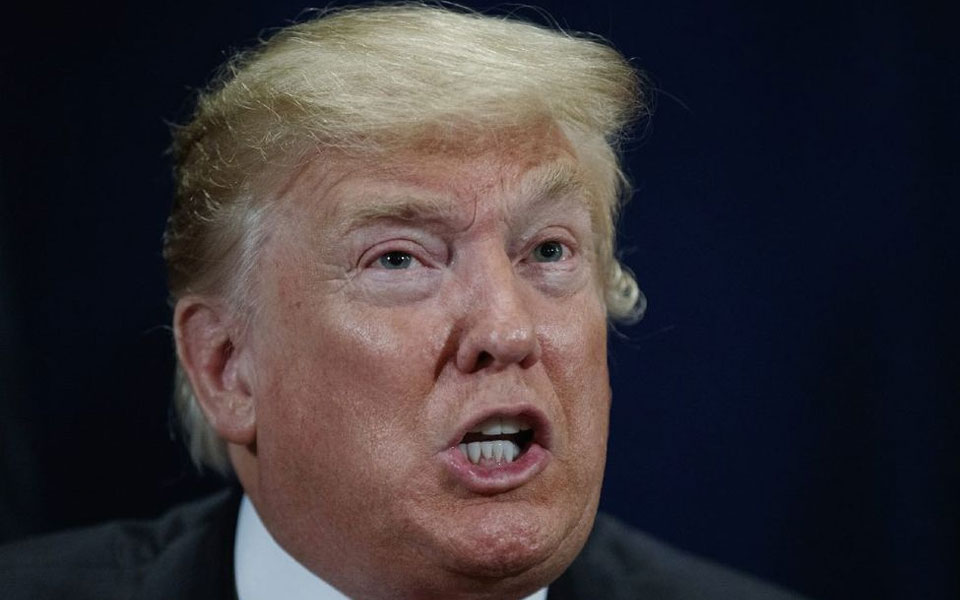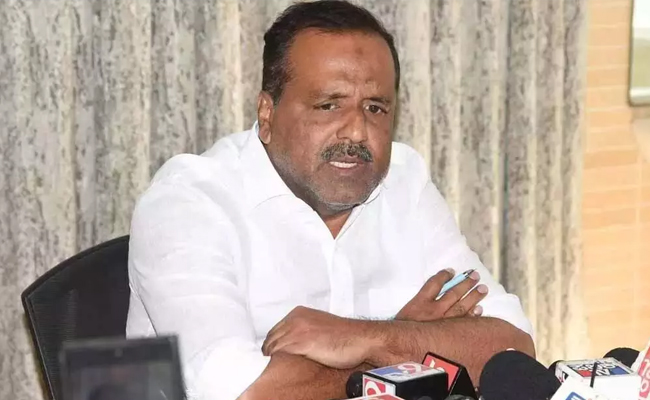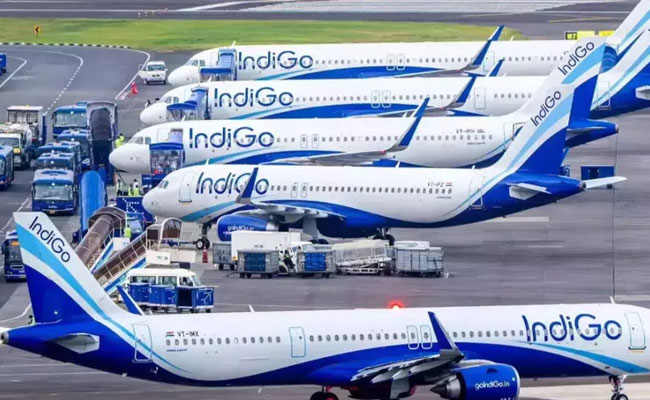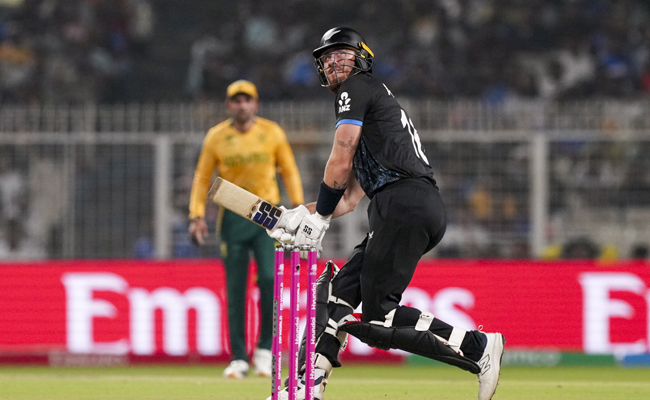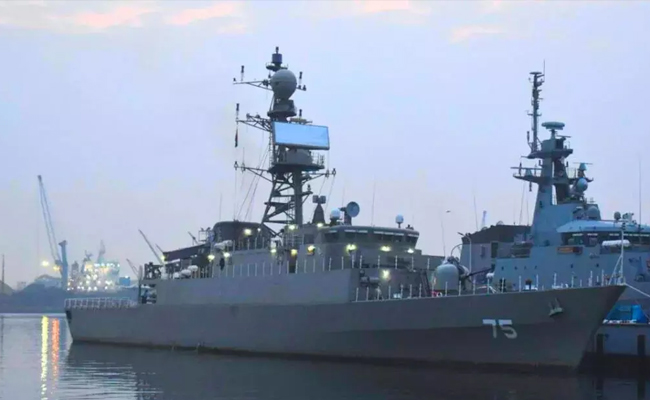Washington, Oct 20: US President Donald Trump said Saturday he believed Saudi Arabia's explanation that dissident journalist Jamal Khashoggi died in a "fist fight" and termed the arrest of 18 people by the Gulf kingdom "a great first step".
Saudi Arabia on Saturday announced that Khashoggi, 60, died following a "fist fight" at the Saudi consulate in Istanbul, without disclosing any details on the whereabouts of his body.
"Preliminary investigations... revealed that the discussions that took place between him and the persons who met him... at the Saudi consulate in Istanbul led to a brawl and a fist fight with the citizen, Jamal Khashoggi, which led to his death, may his soul rest in peace," Saudi Attorney General Sheikh Saud al-Mojeb said in a statement.
The government said that 18 Saudis had been arrested for further investigation while Deputy Director of Saudi Intelligence Ahmed al-Assiri has been dismissed.
"I do. I do," Trump said when asked about his confidence in the Saudi explanation.
"Again, it's early. We haven't finished our review, our investigation. But I think it's a great first step," he said.
Trump said talks with Saudi officials would continue, including raising some questions about their account of events that led to the death of Khashoggi, and that he would work with Congress to develop a response.
"We are saddened to hear confirmation of Mr Khashoggi's death, and we offer our deepest condolences to his family, fiancee and friends," White House Press Secretary Sarah Sanders said after Saudi Arabia issued the statement.
An investigation in the killing is on.
"The United States acknowledges the announcement from the Kingdom of Saudi Arabia that its investigation into the fate of Jamal Khashoggi is progressing and that it has taken action against the suspects it has identified thus far," Sanders said.
"We will continue to closely follow the international investigations into this tragic incident and advocate for justice that is timely, transparent and in accordance with all due process," the White House Press Secretary said.
The Saudi statement confirming the death of Khashoggi in a fist fight did not appear credible to some US lawmakers, who demanded that Riyadh be held accountable for the incident.
Senator Lindsay Graham said it was hard to find this latest "explanation" as credible.
"To say that I am sceptical of the new Saudi narrative about Mr Khashoggi is an understatement," he said.
"The claim that Khashoggi was killed while brawling with 15 men dispatched from Saudi Arabia is not at all credible. If he was fighting with those sent to capture or kill him, it was for his life. The kingdom must be held to account. If (the Trump) administration doesn't lead, Congress must," Congressman Adam Schiff said.
House Foreign Affairs Committee Ranking Member Elliott Engel demanded a full account of what happened.
Congressman Jim Costa said that he was appalled by the reports that Saudi officials were involved in the death of Khashoggi.
"As we learn more details of Khashoggi's disappearance, the US must send a clear message that we will not condone such reprehensible behaviour that goes against our American values.
"We must carefully examine both the facts surrounding Khashoggi's disappearance as well as our relationship with Saudi Arabia, and I call on the President to take strong action in unwavering defence of our values. If the President will not stand up to Saudi Arabia, then we in Congress must stand strong for our nation, our values and journalists throughout the world," Costa said.
"Where is the body?" asked Congressman Eric Swalwell.
"Khashoggi's family deserve immediate custody of the remains as they seek some measure of closure," he added.
Khashoggi, a known critic of Saudi Crown Prince Mohammed bin Salman, lived in the US as a legal permanent resident and worked for 'The Washington Post'. He was last seen on October 2 entering his country's consulate in Istanbul.
Let the Truth be known. If you read VB and like VB, please be a VB Supporter and Help us deliver the Truth to one and all.
Mangaluru (Karnataka) (PTI): Karnataka Legislative Assembly Speaker U T Khader on Wednesday sought an inquiry after a large number of Aadhaar cards were found on the banks of the Nethravathi River here.
The cards were found at Farangipete in Pudu village of his Mangaluru Assembly constituency.
Khader, in a note to the Project Manager of the Unique Identification Authority of India (UIDAI), Bengaluru, sought immediate intervention and necessary action against those responsible.
In the note dated March 4, he said that local residents noticed the Aadhaar cards along the riverbank on March 3.
Following information received from the public, the Pudu Gram Panchayat president and villagers collected the Aadhaar cards found scattered in the area. They subsequently brought the matter to his attention and the concerned authorities, he said.
Expressing concern over the incident, the Speaker has directed that a thorough investigation be conducted to ascertain how such a large number of Aadhaar cards ended up on the riverbank and to identify those responsible.
He instructed officials to initiate appropriate legal action through the concerned department at the earliest.

